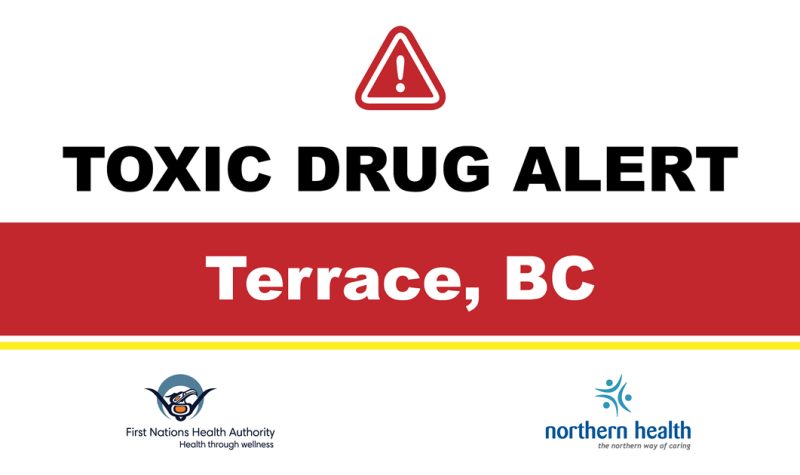Northern Health and the First Nations Health Authority have released four toxic drug alerts since the beginning of 2022. The highest recorded death toll in a calendar year of lives lost due to illicit drug overdose was in 2021 in Canada with approximately 20 deaths per day in Canada for the first six months of 2022.
In British Columbia, deaths due to toxic drug overdose was 2,306 in 2021 and 2,272 in 2022.
Northern Health's resources are overwhelmed with the number of people dying from overdoses as well as the sheer volume of people addicted to illicit drugs. Overdose Prevention Sites are imperative in the fight against stigma to those individuals who are addicted to illegal substances.
Overdose prevention sites are managed by health authorities in co-operation with community partners across the province. These designated spaces, which are integrated into existing social service or health care settings or in newly established locations, provide on-site monitoring for people at risk of overdose and allow for rapid response when an overdose occurs. While supervised consumption services require municipalities to seek an exemption from federal drug laws, the same process is not required to establish an overdose prevention site.
Overdose prevention services are uniquely positioned as a low-barrier point of introduction to health and/or social services for people with substance use issues. Each site provides various levels of services, including overdose prevention education and Take Home Naloxone training and distribution. Some sites may also distribute harm reduction supplies (such as sterile needles, filters, cookers, condoms, etc.) offer safe disposal options, and facilitate referrals to mental health and substance use services. Currently, each British Columbia overdose prevention site offers drug-checking services.
Dr. Rakel Kling is a Medical Health Officer for Northern Health and her role is to promote and protect the health of the public and communities. Dr. Kling spoke about the dangers of stigma against people using illicit drugs for personal use, and how she hopes the recent passing of Bill C-5 (the Act to amend the Criminal Code and the Controlled Drugs and Substances Act) which was passed in 2022.
Listen to Dr Kling's interview on CICK News as well as a quote from the Smithers RCMP detachment Media Relations Officer Cpl. Madonna Saunderson and a clip of Carolyn Bennet, the Minister of Mental Health and Addictions, in the audio below:


